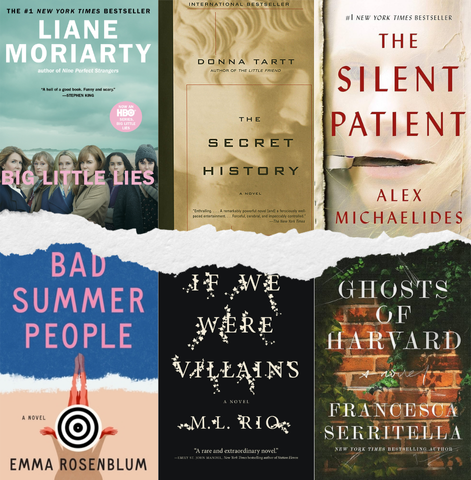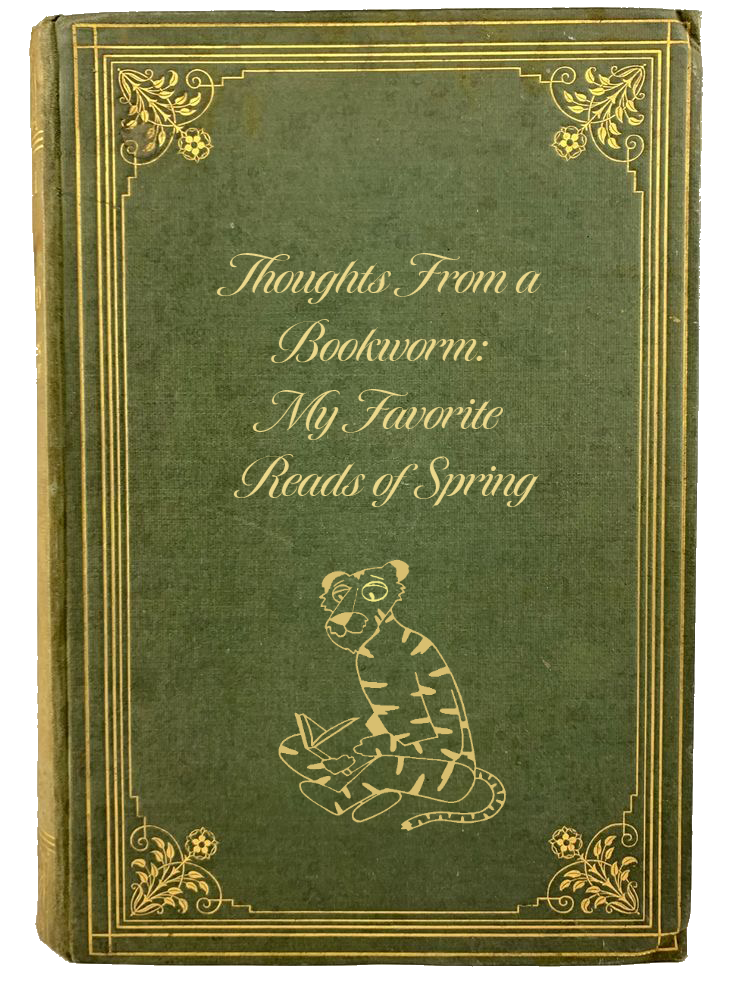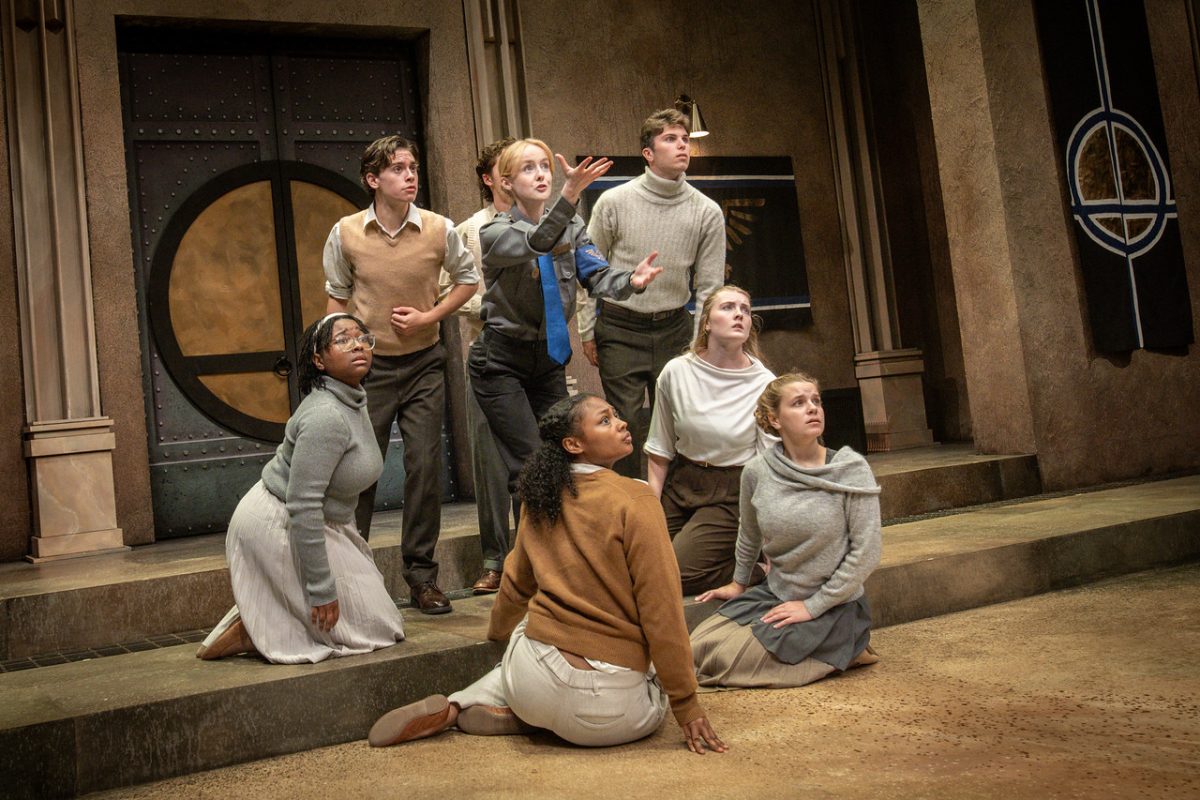If you liked “Big Little Lies” by Liane Moriarty, read “Bad Summer People” by Emma Rosenblum.
If you liked Liane Moriarty’s twisty, addictive “Big Little Lies,” I highly recommend giving “Bad Summer People” a try. Both books focus on wealthy communities, where infidelity, feuding friend groups and murder arise behind the facade of pricey cars and subtle plastic surgery.
“Bad Summer People” also follows the narrative format of “Big Little Lies,” telling the story from multiple perspectives. If you enjoyed Moriarty’s international bestseller — and its star-studded TV adaptation — chances are, you will find “Bad Summer People” an entertaining, satirical page-turner.
If you liked “The Secret History” by Donna Tartt, read “If We Were Villains” by M.L. Rio.
“The Secret History” is a literary masterpiece, slowly telegraphing the emotions and motivations behind the murder of Edmund “Bunny” Corcoran, a classics major at a Vermont college. From the very beginning of the novel, Tartt reveals a disturbing truth about Bunny’s death; he was killed by the same people he considered his best friends: the small, almost cult-like group of classics majors.
“If We Were Villains” addresses similar themes: the story follows Oliver, just released from jail, as he recalls his time as a Shakespeare student at a competitive, small, classical college. In Oliver’s final year of college, a murder takes place amongst the tight-knit, cultish group of Shakespeare students. “The Secret History” and “If We Were Villains” are so similar that critics and fellow authors could not omit the two novels’ striking similarities in themes, setting, plot and overall aura in their reviews.
I am not claiming that “If We Were Villains” is as well written as Tartt’s highly acclaimed novel, but Tartt fans will find an exciting story filled with moral dilemmas reminiscent of “The Secret History.”
If you liked “The Silent Patient” by Alex Michaelides, read “Ghosts of Harvard” by Francesca Serritella.
“The Silent Patient,” an instant bestseller and Amazon Editor’s favorite thriller published in 2019, follows criminal psychotherapist Theo Faber’s attempts to unravel why Alicia Berenson murdered her husband. After her alleged crime, Alicia falls mute, refusing to speak another word. Detained in a mental institution, Theo tries to tear down Alicia’s verbal wall and uncover her motivations. “The Silent Patient” is an addictive novel filled with suspense and twists that pull the reader in.
Fans of “The Silent Patient” will find Francesca Serritella’s 2020 novel “Ghosts of Harvard” an engrossing, interesting read. “Ghosts of Harvard” follows freshman Harvard student Cadence Archer and her desperation to understand why her schizophrenic, genius brother Eric killed himself on Harvard’s campus a year beforehand.
With only a notebook of her brother’s cryptic writing and scribblings, Cadence investigates the final year of her brother’s life. Before long, she begins to hear voices in her head. The novel will have you questioning whether the ghosts of Harvard are actually haunting Cadence or if she just tragically shares her brother’s mental illness.
Both novels explore a main character grappling with their subject’s storytelling: are the events of the past as they seem? Are Alicia and Eric’s version of truth plagued by their mental illness, or do the events of the past truly differ? “Ghosts of Harvard” is an eerie, tense, intricately plotted thriller and I believe that fans of the mystery and thriller genre will find Serritella’s novel a page-turner. Although “The Silent Patient” has received more recognition, I enjoyed “Ghosts of Harvard” more.

















